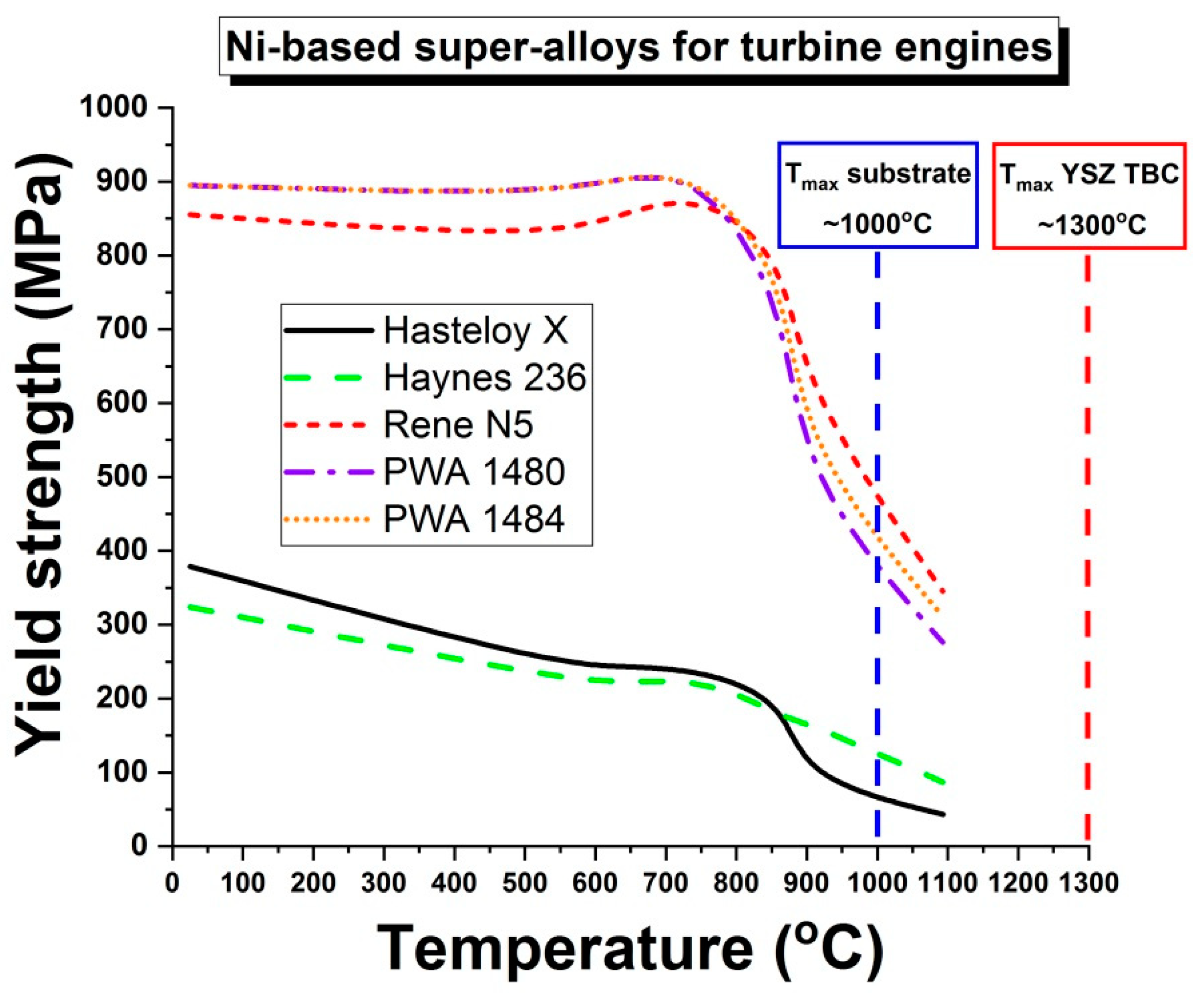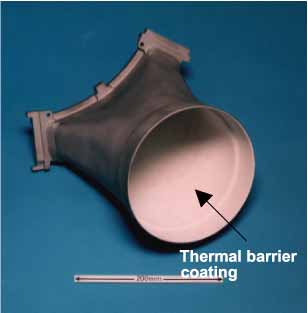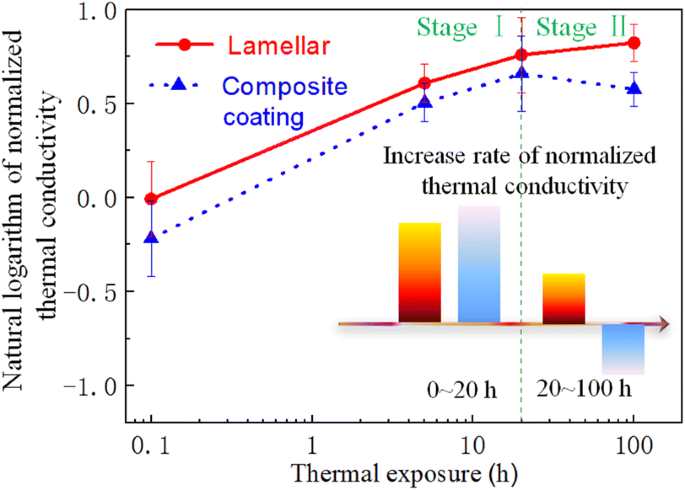Refractory oxide ceramic coatings or tbc s thermal barrier coatings when applied to.
Ceramic thermal barrier coatings for commercial gas turbine engines.
Thermal barrier coatings have been used for over 20 years to extend the durability of aircraft gas turbine engine combustors.
Thermal barrier coatings tbcs are refractory oxide ceramic coatings applied to the surfaces of metallic parts in the hottest part of gas turbine engines figures 1 and 2 enabling mod ern engines to operate at signifi cantly higher gas temperatures than.
Thermal barrier coatings tbcs are advanced materials systems usually applied to metallic surfaces operating at elevated temperatures such as gas turbine or aero engine parts as a form of exhaust heat management these 100 μm to 2 mm thick coatings of thermally insulating materials serve to insulate components from large and prolonged heat loads and can sustain an appreciable temperature.
Thermal barrier coatings tbcs are used to protect the hot sections of gas turbine and jet engines.
And the more development and research that go into thermal barrier coatings the more benefits and higher efficiencies will be the result.
These engines are used in defense sectors energy and transportation applications.
Of all these thermal barrier coatings tbcs have the most complex structure and must operate in the most demanding high temperature environment of aircraft and industrial gas turbine engines.
The most advanced thermal barrier coating tbc systems for aircraft engine and power generation hot section components consist of electron beam physical vapor deposition ebpvd applied yttria stabilized zirconia and platinum modified diffusion aluminide bond coating.
1 5 currently commercial standard tbcs are typically two layered structures consisting of a ceramic.
Thermally sprayed ceramic and mcraly bond coatings however are still used extensively for combustors and power generation.
A tbc system comprises of a substrate bond coat bc and tbc top coat tc.
Thermal barrier coatings tbcs are widely used in gas turbines to increase the turbine inlet temperature tit or to reduce cooling requirements thus achieving higher engine efficiency lowering emissions and increasing performance goals.
Even for a given application and a given engine different commercial strategies may imply different.
Improvements to the chemical composition of the ceramic and to the composition and microstructure of the underlying bond coat have allowed the application of thermal barrier coating technology to turbine components with similar benefits.
Gas turbine engines and tbc s.
Thermal barrier coatings tbcs enable the engines to operate at higher temperatures without raising the base metal temperatures using cooling systems inside the hot section components and thus enhance the operating efficiency of the engines therefore continued development of tbcs is essential to increase the inlet gas temperature further for improving the performance of gas turbines.




























